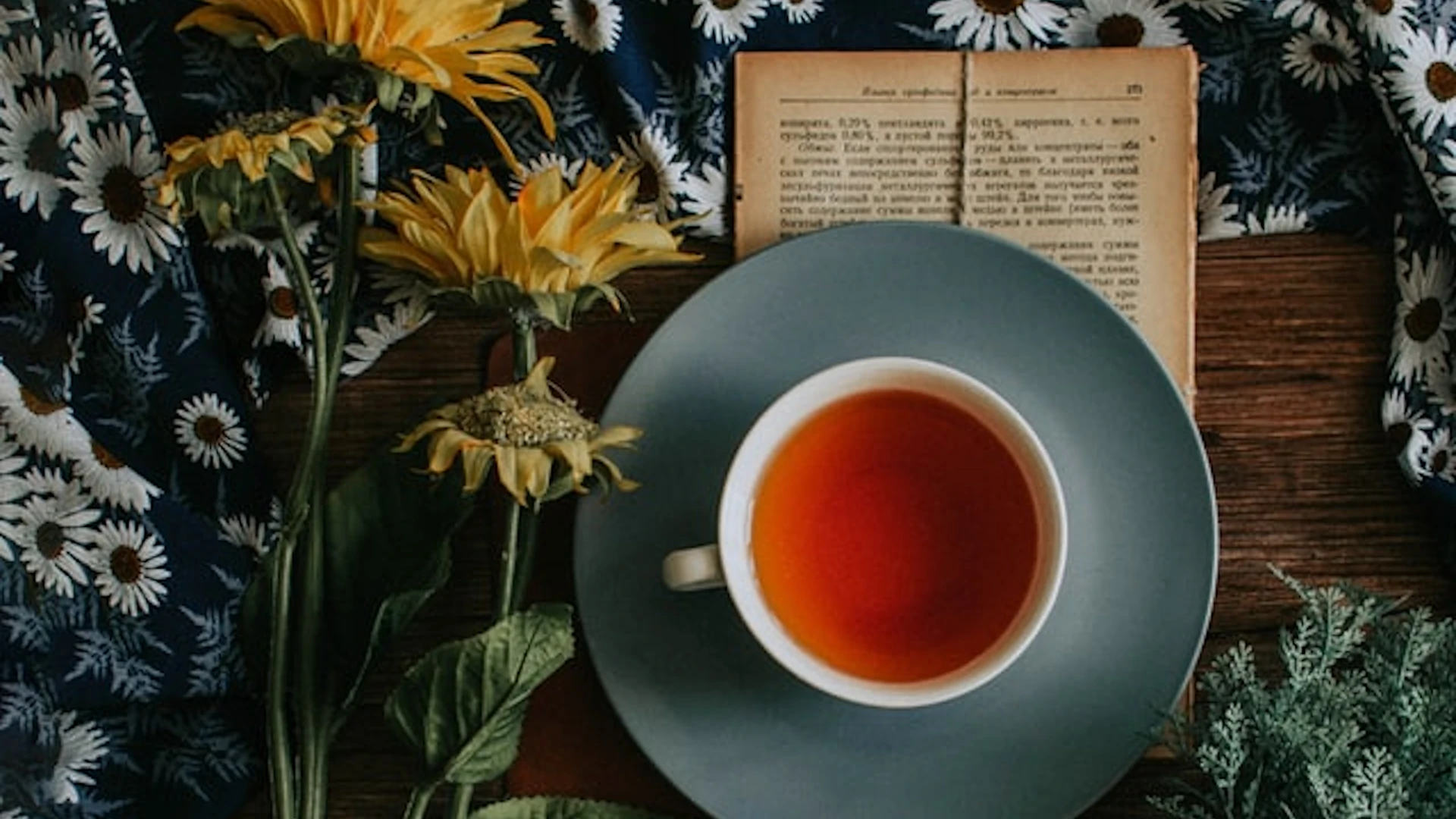Tea is the most popular beverage consumed in the world with a range of effects on the body, including its ability to affect mood. There are many different types of tea, each with its own unique set of properties and potential health benefits. Here, we’ll explore how tea can influence mood and how you can incorporate it into your daily routine for a mood boost.
One of the primary active ingredients in tea is caffeine, which is a natural stimulant that can increase alertness and energy levels. Caffeine can also improve concentration and memory, making it a great choice for boosting productivity. However, it’s important to be mindful of your caffeine intake, as too much can lead to negative effects such as jitters, anxiety, and difficulty sleeping.

A Specific Amino Acid Only Found In Tea Leaves
Another active ingredient in tea is the amino acid L-theanine, which is found almost exclusively in tea leaves. L-theanine has been shown to promote relaxation and improve cognitive function, making it a potential mood booster. It’s believed that L-theanine works by increasing the production of alpha waves in the brain, which are associated with a state of relaxation and alertness.
In addition to caffeine and L-theanine, tea also contains a variety of antioxidants and other compounds that have potential health benefits. For example, green tea contains high levels of catechins, which are a type of antioxidant that has been linked to improved mood and cognitive function. Black tea, on the other hand, contains theaflavins and thearubigins, which are responsible for its characteristic flavor and may have anti-inflammatory effects.
Tea can be consumed hot or cold, and it can be enjoyed at any time of day. Many people find that a cup of tea in the morning or afternoon can help boost energy and focus, while a cup of tea in the evening can help relax and unwind before bed.
Which Tea Should I Choose?
There are many different types of tea to choose from, each with its own unique flavor and potential health benefits. Some popular options include:
- Green tea: Known for its high levels of antioxidants and potential mood-boosting effects.
- Black tea: A more robust and full-bodied tea with a slightly bitter flavor. It contains theaflavins and thearubigins, which may have anti-inflammatory effects.
- Oolong tea: A partially fermented tea with a complex flavor profile and potential health benefits including weight loss and improved cognitive function.
- White tea: A delicately flavored tea made from young tea leaves and buds. It’s lower in caffeine than other teas and may have potential anti-aging effects.
- Herbal tea: Made from a variety of herbs, fruits, and spices, herbal tea is naturally caffeine-free and can be a great choice for those sensitive to caffeine or looking for a relaxing beverage.
Incorporating tea into your daily routine can be a simple and enjoyable way to boost your mood and improve your overall health. Whether you prefer a cup of hot tea in the morning to kick-start your day, or a relaxing cup of herbal tea before bed, there’s a tea for every mood and occasion. Just be sure to pay attention to your caffeine intake and choose a tea that aligns with your health goals and preferences.

